|
In this post, I outline the start of the author–editor relationship – from first contact, to initial discussion, to booking confirmation. My process is personal to my business but it gives you an idea of what to expect.
1. The author makes contact
Clients are welcome to contact me via email, social media, telephone or my contact form. Most use the latter. My contact form is basic because I want authors to be able to start a conversation with me as easily as possible. The biggest stumbling block is usually the time frame because I’m booked up months in advance. Establishing when they’d like the editing or proofreading carried out is therefore essential, as is the word count. It’s those two pieces of information that will guide me on best fit at this point. I include a dropdown menu so that authors can quickly choose the service they’re looking for: a full line and copyedit, a mini line critique or a proofread. I ask for a little information about the project, too. This is where an author can tell me about the genre of their novel and provide a brief summary of the project. I also ask for a name and email address – nothing more in terms of personal details. An underpinning principle of GPDR compliance requires business owners to collect only necessary data. For me, the name and email is enough to enable me to reply to the query.
2. The project discussion
Now the author and I begin to talk. The focus at this stage tends to be on time frame, the type of editing required, and the price (subject to seeing a sample). There might be a little back and forth as we get to know each other and agree the terms of the editing project. If the author sent a sample with their email, I’ll review it before responding. This is the perfect opportunity for me to check that the service they’ve asked for is a good fit for what I think the text requires. It also gives me a chance to get a feel for the writing style ... to see whether I can get under the skin of the novel and give the story the sentence-level pop the author’s seeking. A sample helps me work out how long the editing will take too. With that information, I can determine the fee. If you want more information about samples, Denise Cowle and I cover this topic in Episode 6 of The Editing Podcast. I sometimes include links to useful resources on my website if I think they'll help the author decide whether I’m a good fit for them. You can access everything on offer via my Author Resources page but the 3 tools I most often refer to during this discussion phase are:
3. Booking the editing project
Once the author and I have decided we want to work together, and agreed a price and completion date, it’s time to confirm the booking. I ask them to read my terms and conditions (which are designed to protect us both), then fill in the booking-confirmation form (scroll to the bottom of the T&Cs web page if you want to have a look at it). Receipt of that form triggers me to send an invoice for the booking fee that will secure the author’s slot in my schedule.
4. Preparing for the edit: styles and files
There’s an Author Style Preferences form next to the booking-confirmation form in which clients can register any decisions they’d like me to adhere to during the editing or proofreading process. These aren’t set in stone and can be changed at any time before the editing begins.
Authors are welcome to send me their book file at any time once the booking has been confirmed. My only stipulation is that it arrives 24 hours before editing begins. This gives me time to check that the file can be opened and edited.
I hold the files securely in my Dropbox account, which is protected via two-factor authentication. 5. Reminding the author about the start date I like to give my authors a little nudge at least a week before the start date. Editing will usually have been booked many months earlier and I might not be top of mind if the client is busy with other commitments. A nudge costs nothing and is invariably appreciated by time-poor authors. If I’ve already received the book file, the reminder is simply a courtesy to let them know I’m about to start working on their project, and to check that the file hasn’t been revised in the meantime. Otherwise, it’s a reminder of the date by which the author needs to deliver the file. Summing up Editors work in a variety of ways. The process I’ve outlined here might look very different to my colleagues’. Still, it gives you an idea of what to expect when you get in touch with me. If you have any questions, feel free to drop me a line. In the meantime, help yourself to the freebies. You don’t even have to hand over your email address to access them – just click and grab.
Louise Harnby is a line editor, copyeditor and proofreader who specializes in working with crime, mystery, suspense and thriller writers.
She is an Advanced Professional Member of the Chartered Institute of Editing and Proofreading (CIEP), a member of ACES, a Partner Member of The Alliance of Independent Authors (ALLi), and co-hosts The Editing Podcast. Visit her business website at Louise Harnby | Fiction Editor & Proofreader, say hello on Twitter at @LouiseHarnby, connect via Facebook and LinkedIn, and check out her books and courses.
6 Comments
In this episode of The Editing Podcast, Denise and Louise discuss sample edits – what they are, how they can help, and who they’re useful for.
Click to listen to Episode 6
Summary of Episode 6 ...
Editing bites
Music credit 'Vivacity' Kevin MacLeod (incompetech.com). Licensed under Creative Commons: By Attribution 3.0 License.
Louise Harnby is a line editor, copyeditor and proofreader who specializes in working with crime, mystery, suspense and thriller writers.
She is an Advanced Professional Member of the Chartered Institute of Editing and Proofreading (CIEP), a member of ACES, a Partner Member of The Alliance of Independent Authors (ALLi), and co-hosts The Editing Podcast. Visit her business website at Louise Harnby | Fiction Editor & Proofreader, say hello on Twitter at @LouiseHarnby, connect via Facebook and LinkedIn, and check out her books and courses.
In this episode of The Editing Podcast, Denise and Louise discuss how to choose the right kind of editor to suit your publishing needs.
Click to listen to Episode 5
Summary of Episode 5 ...
Editing bites
Music credit 'Vivacity' Kevin MacLeod (incompetech.com). Licensed under Creative Commons: By Attribution 3.0 License.
Louise Harnby is a line editor, copyeditor and proofreader who specializes in working with crime, mystery, suspense and thriller writers.
She is an Advanced Professional Member of the Chartered Institute of Editing and Proofreading (CIEP), a member of ACES, a Partner Member of The Alliance of Independent Authors (ALLi), and co-hosts The Editing Podcast. Visit her business website at Louise Harnby | Fiction Editor & Proofreader, say hello on Twitter at @LouiseHarnby, connect via Facebook and LinkedIn, and check out her books and courses.
In this episode of The Editing Podcast, Denise and Louise discuss how much professional editing might cost if you decide to hire a third party, and what factors could affect the fee you’re quoted.
Click to listen to Episode 4
Summary of Episode 4 ...
Editing bites
Music credit 'Vivacity' Kevin MacLeod (incompetech.com). Licensed under Creative Commons: By Attribution 3.0 License.
Louise Harnby is a line editor, copyeditor and proofreader who specializes in working with crime, mystery, suspense and thriller writers.
She is an Advanced Professional Member of the Chartered Institute of Editing and Proofreading (CIEP), a member of ACES, a Partner Member of The Alliance of Independent Authors (ALLi), and co-hosts The Editing Podcast. Visit her business website at Louise Harnby | Fiction Editor & Proofreader, say hello on Twitter at @LouiseHarnby, connect via Facebook and LinkedIn, and check out her books and courses.
In this episode of The Editing Podcast, Denise and Louise look at why you might want to invest in hiring an editor rather than doing it all yourself.
Click to listen to Episode 3
Summary of Episode 3 ...
Editing bites
Other resources
Music credit 'Vivacity' Kevin MacLeod (incompetech.com). Licensed under Creative Commons: By Attribution 3.0 License.
Louise Harnby is a line editor, copyeditor and proofreader who specializes in working with crime, mystery, suspense and thriller writers.
She is an Advanced Professional Member of the Chartered Institute of Editing and Proofreading (CIEP), a member of ACES, a Partner Member of The Alliance of Independent Authors (ALLi), and co-hosts The Editing Podcast. Visit her business website at Louise Harnby | Fiction Editor & Proofreader, say hello on Twitter at @LouiseHarnby, connect via Facebook and LinkedIn, and check out her books and courses. |
BLOG ALERTSIf you'd like me to email you when a new blog post is available, sign up for blog alerts!
TESTIMONIALSDare Rogers'Louise uses her expertise to hone a story until it's razor sharp, while still allowing the author’s voice to remain dominant.'Jeff Carson'I wholeheartedly recommend her services ... Just don’t hire her when I need her.'J B Turner'Sincere thanks for a beautiful and elegant piece of work. First class.'Ayshe Gemedzhy'What makes her stand out and shine is her ability to immerse herself in your story.'Salt Publishing'A million thanks – your mark-up is perfect, as always.'CATEGORIES
All
ARCHIVES
July 2024
|
|
|
|


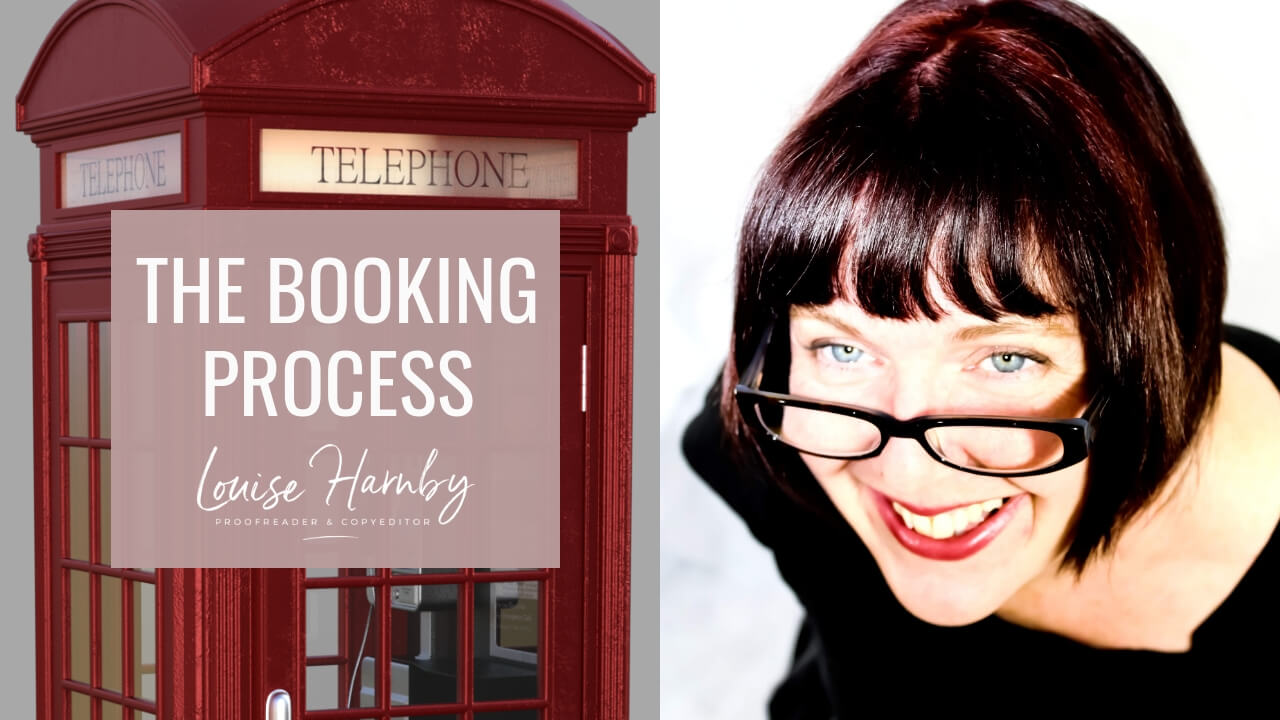
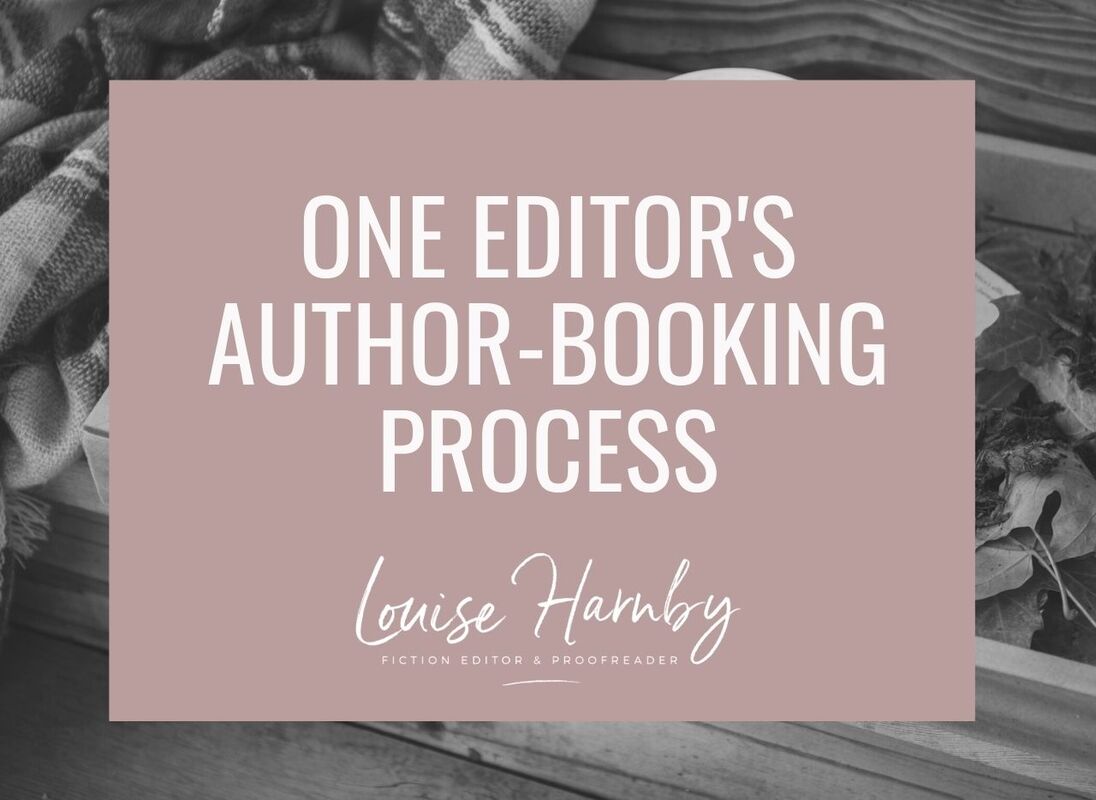
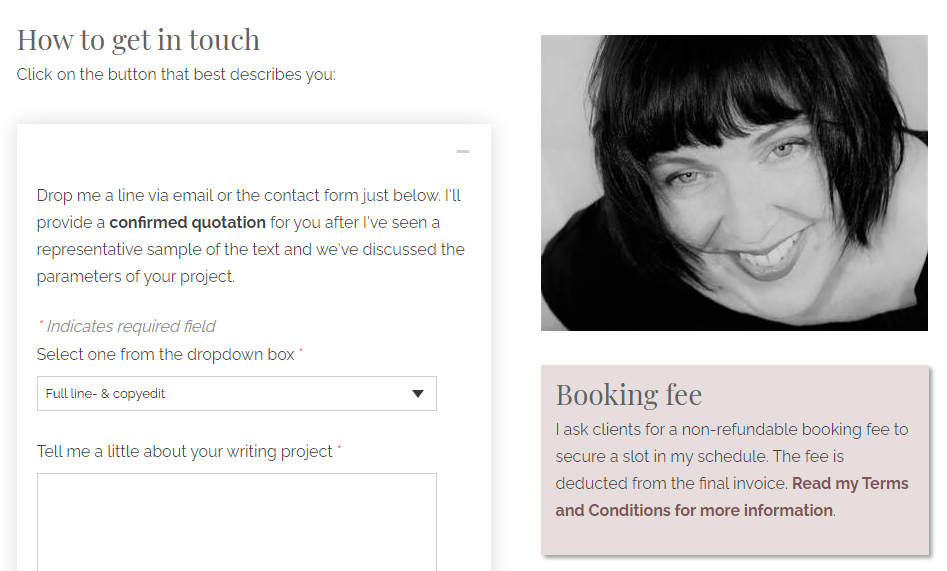
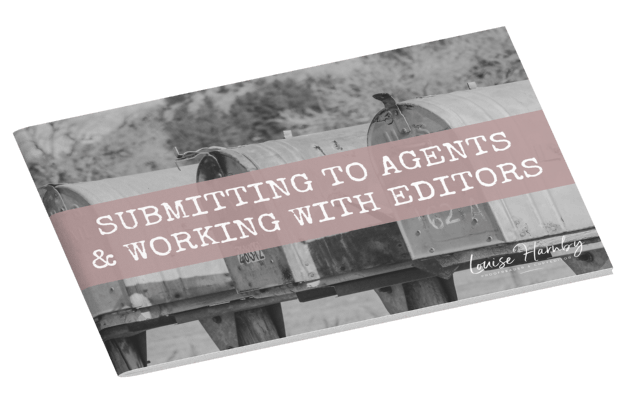
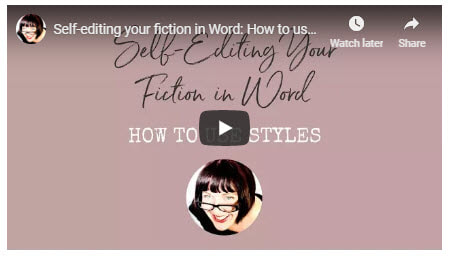
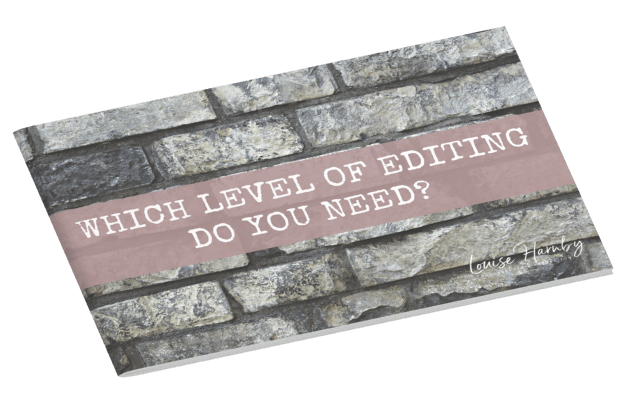
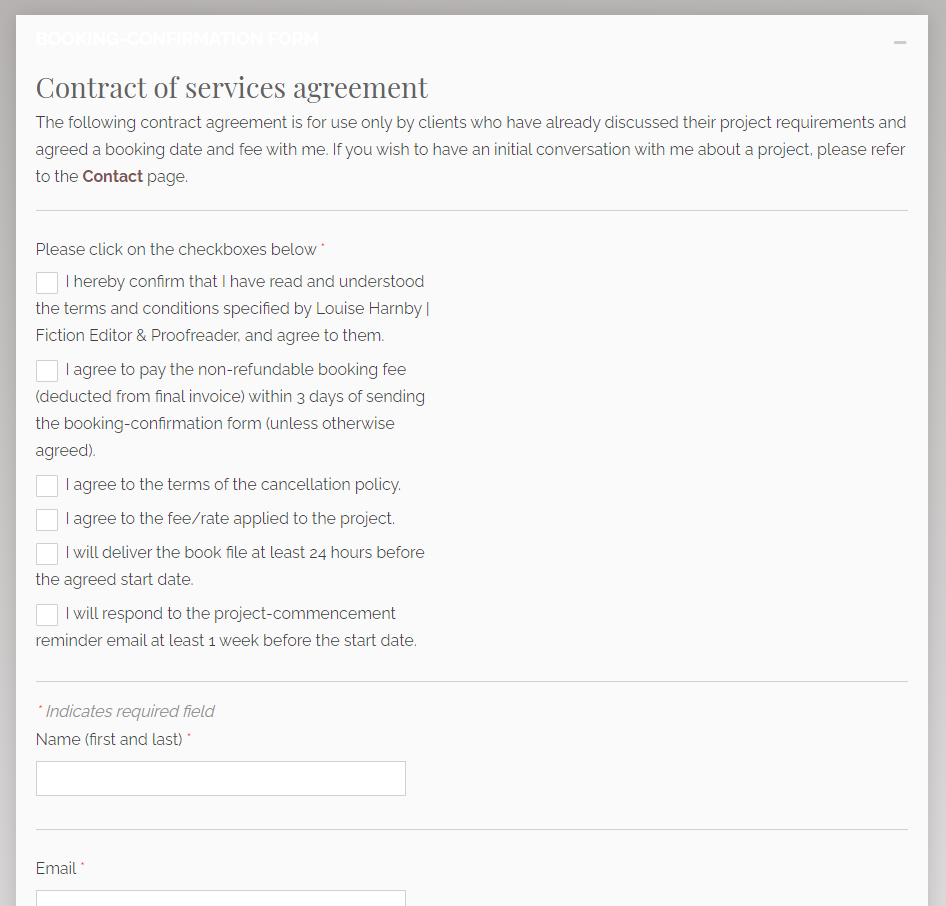
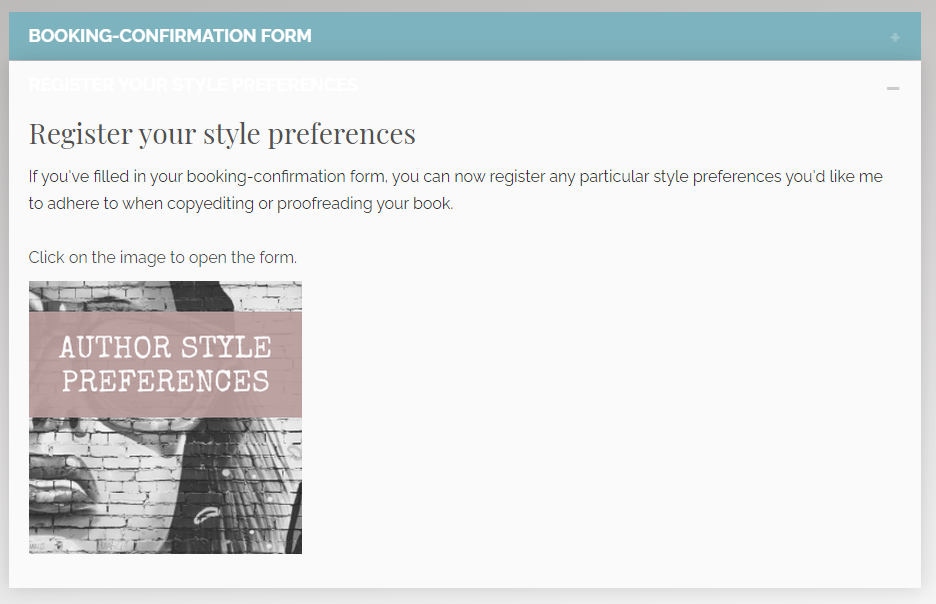
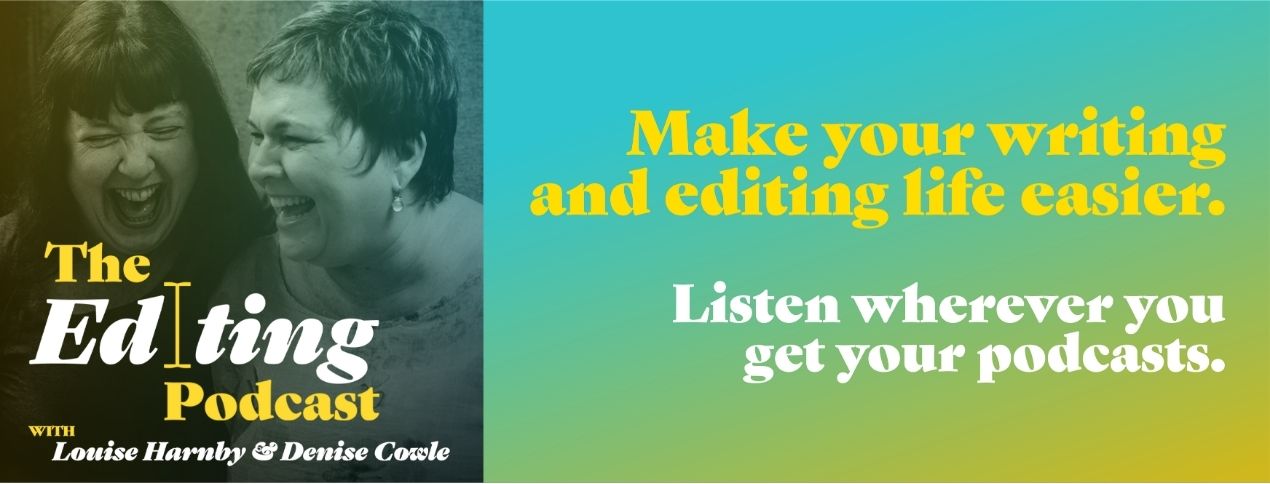













 RSS Feed
RSS Feed





